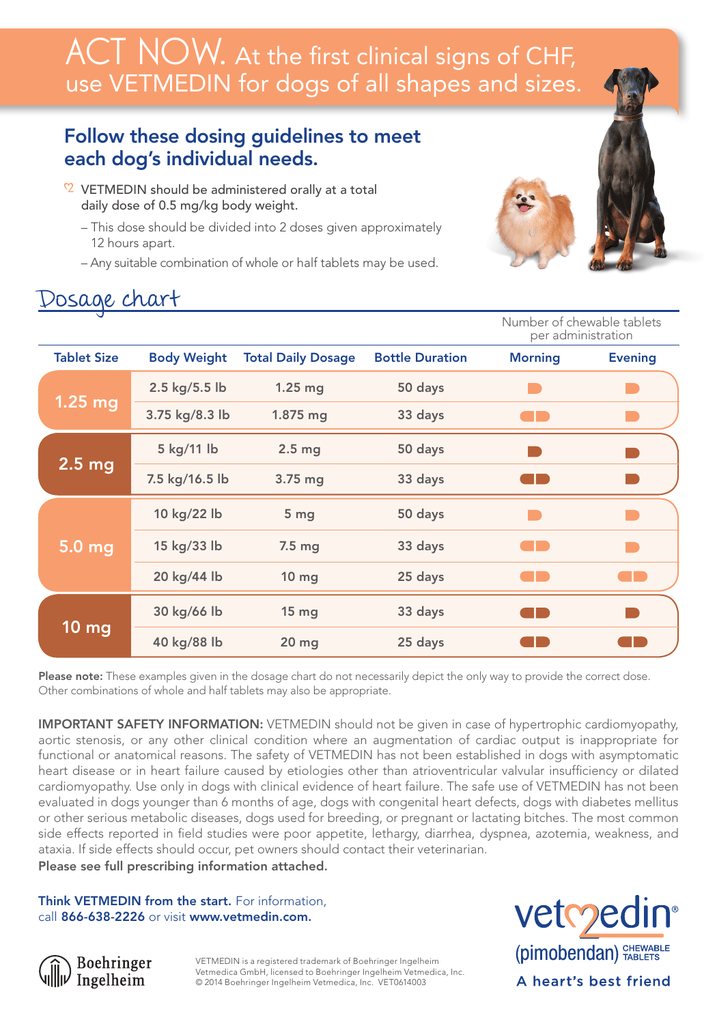Sepsis in dogs
Sepsis In Dogs. Bacteria can reach the blood in different ways and can settle anywhere in the body. Idiopathic epilepsy the most common cause of seizures in the dog is an inherited disorder but its exact cause is unknown. Sepsis secondary to parvoviral enteritis is also common though it is usually unclear whether the sepsis is truly viral in origin or secondary bacterial sepsis due. Sepsis develops if a dog is affected by an infection that is left untreated.
 Nursing Care For The Septic Patient The Veterinary Nurse From theveterinarynurse.com
Nursing Care For The Septic Patient The Veterinary Nurse From theveterinarynurse.com
People sepsis in Veterinary Medicine is likely to be a major cause of mortality in hospitalized dogs and cats. Changes consistent with later stages of DIC are outlined in Table 59 In patients with suspected SIRSsepsis additional diagnostic tests should include mixed venous. Furthermore lymphopenia has been shown to correlate with poor outcomes. Other causes include liver disease kidney failure brain tumors brain trauma or toxins. Sepsis is more likely to develop in animals with a suppressed immune system or other immune disorder. Untreated it can turn to severe sepsis which can cause multi-organ failure eg acute kidney failure acute respiratory distress syndrome or liver failure.
Lateral A and ventrodorsal B abdominal radiographs from a dog with partial mesenteric torsion and ileocolic intussusception.
Other causes include liver disease kidney failure brain tumors brain trauma or toxins. An infection can develop in the tissues surrounding the brain meningitis the sac around. Sepsis is the systemic inflammatory response to infection and carries a published mortality rate of up to 71 in the dog. Other causes include liver disease kidney failure brain tumors brain trauma or toxins. This condition normally occurs when a severe infection is not treated adequately or timely. 1 Sepsis secondary to bacterial infection appears to be more common in dogs than viral or fungal sepsis.
 Source: msdvetmanual.com
Source: msdvetmanual.com
Severe dental disease chronic urinary tract disease and contaminated wounds are also common sources of sepsis in dogs. Shock Due to Bacterial Infection in Dogs. Sepsis and Septic Shock in Dogs. The infection may originate in any area of the dogs body for example his ears or even skin. Septic arthritis occurs when bacteria or another infectious agent is introduced into one or more joints leading to painful inflammation.
 Source: iloveveterinary.com
Source: iloveveterinary.com
Furthermore lymphopenia has been shown to correlate with poor outcomes. Untreated it can turn to severe sepsis which can cause multi-organ failure eg acute kidney failure acute respiratory distress syndrome or liver failure. SOFA vs SIRS and sonographic features of septic shock in dogs. In 2016 a new consensus termed Sepsis-3 removed the concept of SIRS from the sepsis definition and replaced it with the SOFA Sequential Sepsis-Related Organ Failure Assessment score. Dogs with sepsis had a significantly higher band neutrophil count serum globulins concentration and serum alkaline phosphatase activity and lower serum glucose concentration.
 Source: dunedinamc.com
Source: dunedinamc.com
Sepsis in dogs is a life-threatening condition most likely caused by a bacterial infection but can also be caused by viruses fungi and protozoans. In fact available data shows that mortality can reach 503 Sepsis is a complex syndrome that its definitions change on a regular basis and a. Sepsis in dogs most commonly originates from the GI tract eg canine parvoviral enteritis followed by the respiratory tract eg bacterial pneumonia severe dental disease chronic urinary-tract disease and contaminated wounds. An infection can develop in the tissues surrounding the brain meningitis the sac around. If bacteria reaches the heart it can cause pericarditis.
 Source: iloveveterinary.com
Source: iloveveterinary.com
Sepsis induced immunosuppression is a key alteration in patients with severe disease and is highly correlated with poor outcomes and mortality. In general male large and giant breed dogs are most commonly affected and while dogs of any age can develop septic arthritis this condition is seen most often in dogs 3 to11 years of age. Dogs with sepsis had a significantly higher band neutrophil count serum globulins concentration and serum alkaline phosphatase activity and lower serum glucose concentration. Idiopathic epilepsy is the most common cause of seizures in. Rarely nonbacterial infections can cause sepsis.
 Source: dogtime.com
Source: dogtime.com
Dog Diseases Conditions A-Z. Symptoms may be hyperdynamic or hypodynamic and often affect the mucous membranes as well as heart and respiratory rate. Septic Shock in Dogs a physical condition known as septic shock A small In Case of Infection from dehydration or anemia An increase in liver enzymes An increase in kidney values Abnormal clotting. 1 Sepsis secondary to bacterial infection appears to be more common in dogs than viral or fungal sepsis. Sepsis an overwhelming infection in the body results in severe inflammation.
 Source: todaysveterinarynurse.com
Source: todaysveterinarynurse.com
The circulating bacteria may settle in sites throughout the body if treatment is not started quickly. In 2016 a new consensus termed Sepsis-3 removed the concept of SIRS from the sepsis definition and replaced it with the SOFA Sequential Sepsis-Related Organ Failure Assessment score. Sepsis causes a dog to feel very ill but the severity of the infection and what part of the body it is affecting will cause the symptoms of sepsis to vary. Untreated it can turn to severe sepsis which can cause multi-organ failure eg acute kidney failure acute respiratory distress syndrome or liver failure. In fact available data shows that mortality can reach 503 Sepsis is a complex syndrome that its definitions change on a regular basis and a.
 Source: thesprucepets.com
Source: thesprucepets.com
Sepsis causes a dog to feel very ill but the severity of the infection and what part of the body it is affecting will cause the symptoms of sepsis to vary. An infection can develop in the tissues surrounding the brain meningitis the sac around. When severe sepsis overwhelms the body it results in septic shock. Sepsis in dogs typically originates in the gastrointestinal or respiratory tract. Idiopathic epilepsy the most common cause of seizures in the dog is an inherited disorder but its exact cause is unknown.
 Source: todaysveterinarypractice.com
Source: todaysveterinarypractice.com
Sepsis and Septic Shock in Dogs. In fact available data shows that mortality can reach 503 Sepsis is a complex syndrome that its definitions change on a regular basis and a. Septicemia in dogs is defined as the persistence of microorganisms or toxins in the bloodstream. Sepsis in dogs typically originates in the gastrointestinal or respiratory tract. Septic arthritis occurs when bacteria or another infectious agent is introduced into one or more joints leading to painful inflammation.
 Source: theveterinarynurse.com
Source: theveterinarynurse.com
The infection may originate in any area of the dogs body for example his ears or even skin. When severe sepsis overwhelms the body it results in septic shock. Rarely nonbacterial infections can cause sepsis. Septic Shock in Dogs a physical condition known as septic shock A small In Case of Infection from dehydration or anemia An increase in liver enzymes An increase in kidney values Abnormal clotting. Sepsis is the systemic inflammatory response to infection and carries a published mortality rate of up to 71 in the dog.
 Source: todaysveterinarypractice.com
Source: todaysveterinarypractice.com
Severe dental disease chronic urinary tract disease and contaminated wounds are also common sources of sepsis in dogs. Sepsis is an infection which overwhelms the body resulting in severe inflammation. Changes consistent with later stages of DIC are outlined in Table 59 In patients with suspected SIRSsepsis additional diagnostic tests should include mixed venous. Idiopathic epilepsy is the most common cause of seizures in. People sepsis in Veterinary Medicine is likely to be a major cause of mortality in hospitalized dogs and cats.
 Source: animalcareinfo.com
Source: animalcareinfo.com
Animals with SIRS or sepsis are initially hypercoagulable this can be difficult to diagnose but often develop hypocoagulability due to consumption of clotting factors. Untreated it can turn to severe sepsis which can cause multi-organ failure eg acute kidney failure acute respiratory distress syndrome or liver failure. Idiopathic epilepsy is the most common cause of seizures in. This condition normally occurs when a severe infection is not treated adequately or timely. In general male large and giant breed dogs are most commonly affected and while dogs of any age can develop septic arthritis this condition is seen most often in dogs 3 to11 years of age.
 Source: wagwalking.com
Source: wagwalking.com
Sepsis is more likely to develop in animals with a suppressed immune system or other immune disorder. Sepsis develops if a dog is affected by an infection that is left untreated. Sepsis an overwhelming infection in the body results in severe inflammation. Rarely nonbacterial infections can cause sepsis. Sepsis induced immunosuppression is a key alteration in patients with severe disease and is highly correlated with poor outcomes and mortality.
If you find this site adventageous, please support us by sharing this posts to your favorite social media accounts like Facebook, Instagram and so on or you can also bookmark this blog page with the title sepsis in dogs by using Ctrl + D for devices a laptop with a Windows operating system or Command + D for laptops with an Apple operating system. If you use a smartphone, you can also use the drawer menu of the browser you are using. Whether it’s a Windows, Mac, iOS or Android operating system, you will still be able to bookmark this website.






